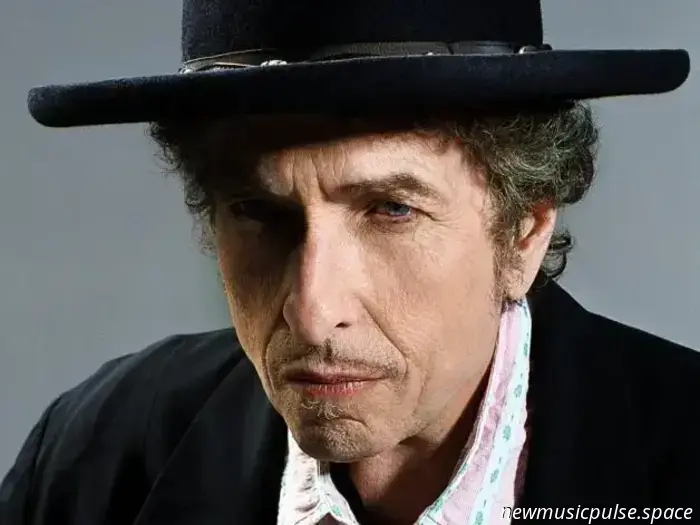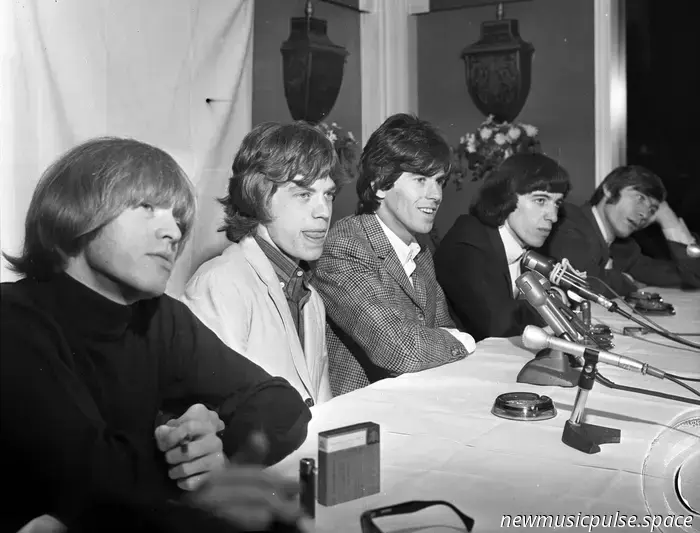
Bob Dylan and David Bowie are two legendary figures in music, yet their interactions were sometimes quite chilly.
Many from Bowie's generation were captivated by the American singer-songwriter's work, and it’s evident that Bowie's early music reflects Dylan's lyrical style. A prime example is the 1971 album ‘Hunky Dory,’ which features ‘Song For Bob Dylan’—a declaration that if the mysterious American artist didn’t wish to guide the new generation, Bowie would certainly step in.
As Bob Dylan retreated from the limelight to embrace family life in Woodstock, David Bowie recognized an opportunity. In a 1976 interview with Melody Maker, he remarked, “It was during that time that I thought, ‘Okay, Dylan, if you’re not going to do it, I will.’ I sensed a gap in leadership…”
Dylan's comeback in the mid-70s, marked by the iconic ‘Blood On The Tracks’ and the Rolling Thunder Revue, quickly restored him to the center of pop culture, and it’s no surprise that he wasn’t particularly fond of Bowie’s assertions.
In a 1976 Playboy interview, Bowie admitted that their meeting hadn’t gone well. “I saw Dylan in New York about seven or eight months ago. We don’t have much in common. We’re not close friends. In fact, I think he dislikes me.”
“We ended up at someone’s house after a club gig. We had gone to see someone—I can't recall who—and Dylan was there. I was in a rather… verbose mood. I talked at him for hours, and whether I entertained, frightened, or disgusted him, I can't really say. I didn’t wait for any responses. I just continued rambling on about everything. When I finally said goodnight, he never called me.”
Bob Dylan is known for being guarded with his thoughts—there’s a suggestion that Bowie was once considered to produce Dylan’s album ‘Infidels,’ a role that ultimately went to Mark Knopfler.
Despite this, David Bowie didn’t appear to harbor any ill feelings towards Dylan, and some musicians, particularly guitarist Mick Ronson and Charlie Sexton, worked with both artists.
Notably, Bowie covered Dylan's songs on two occasions—his band Tin Machine performed ‘Maggie’s Farm,’ and he contributed a lesser-known rendition of ‘Like A Rolling Stone’ to a tribute album for Mick Ronson in the mid-90s.


The dynamic between Mick Jagger and Brian Jones was never uncomplicated. Together, they elevated the Rolling Stones to global fame, but

In a showcase of romantic indulgence, noughties pop icon Sophie Ellis-Bextor makes a confident and daring comeback with her eighth studio album ‘Perimenopop’. Filled with
Bob Dylan and David Bowie are both legendary figures in music, yet their exchanges were occasionally rather chilly. Like many from his era, David Bowie was